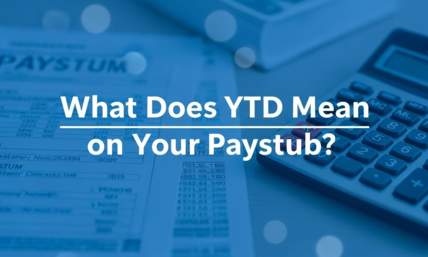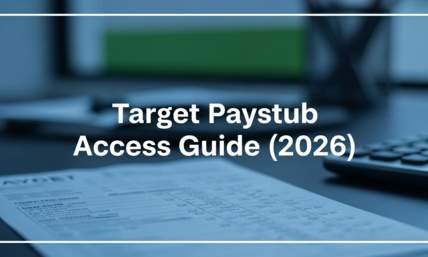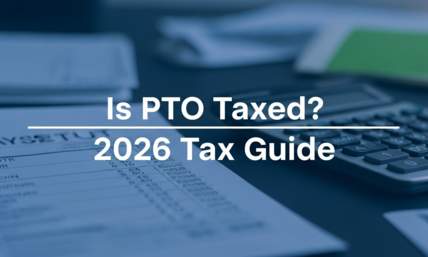Can I Be Fired for Being Sick Too Much? - A Full Guide
If you have been calling in sick frequently to work, some employers may opt to terminate you, especially if you do not have state or local sick leave rights. If you feel that you have been fired unfairly, you may also have to fight for your case in court.
The same holds true for often calling in sick. Your employer has the right to fire you. And they may claim that the reason is that you were unable to do your duties.
If your sick days interfered with your work functions or made your job more difficult, these are all possible reasons why your work performance may decline which could result in you being fired.
You are not eligible for an infinite number of sick days so if you use them all up but are still asking for more time off, this does not translate well as an employee. Unfortunately, even if your state has laws that are put in place to protect you against these types of situations, you are not always guaranteed job security.

Sick Leave
Sick days can be tricky as employers are not required by law to provide you with them. However, a few states have legislation forcing firms to provide employees with sick leave.
In certain states where there is no sick leave legislation, towns have created laws granting sick leave to employees.
Philadelphia and Pittsburgh are examples of cities that have paid sick leave laws.
Whatever the case may be, you must adhere to your company's sick leave policy. This includes phoning in sick if necessary. Something in the law or corporate policy most certainly forces you to do so.
Sick leave legislation is typically accompanied by employment protection. This implies that your company cannot dismiss you in retaliation for taking sick leave. This would be an unjust firing.
You may have grounds for an employment lawsuit in this situation. Employers presenting unfair grounds for terminating their employees frequently prompt wrongful termination litigation.
Also read: 6 Best Payroll Software To Try In 2021
What Is Unfair Dismissal?
An employee who has been with the company for at least two years is protected from unfair dismissal and can file a suit in the employment tribunal to enforce this protection if they are dismissed for being absent due to illness.
Dismissing an employee with two or more years of service is considered unfair unless the employer can demonstrate that it was a fair basis for firing and they carried out the appropriate steps throughout the firing process
Capability, or the ability to perform the task, is a theoretically reasonable justification that would encompass sickness.
When absences are for unrelated health reasons rather than an underlying ailment, the employer may terminate for any other significant cause (SOSR). In this case, they may argue that the disruption produced by the employee's absence is no longer manageable and is harming the employer's company.
An employment tribunal will next evaluate whether the employer's decision to remove the employee at that time was within the range of reasonable responses.
While an employer has the right to take action at some time, it must nevertheless have given the employee ample notice that dismissal was a possibility if attendance did not improve.
Also read: 6 Talent Acquisition Strategies For Startups

What Is Fair Dismissal?
The ACAS Code on disciplinary and grievance processes does not apply to dismissals for incapacity due to illness. However, this does not absolve an employer from following a procedure prior to dismissal.
In cases of long-term illness, an employer should obtain a medical record to determine the individual's likely prognosis and whether their health will improve soon.
An employer must also explore, ideally in cooperation with the employee, if any changes may be made to help the employee return to work.
The employer should consult with the employee sufficiently and allows them to make representations to it. Appropriate notices that the employer will contemplate dismissal should also be provided.
Also read: Payroll Success For Small Business
What if You Have a Disability?
If you have a handicap and work in the United States, the Americans with Disabilities Act (ADA) provides you with certain safeguards, including the right not to be fired because of an illness connected to your condition.
Employers are obligated under the ADA to offer reasonable adjustments for employees with disabilities in order for them to properly complete their job responsibilities. And, if your impairment is caused by a disease that necessitates longer sick time off than normal, granting you that time off may be deemed a reasonable accommodation.
If you have been taking a lot of sick days but the sickness is not related to your disability, your employer may still be able to fire you as it is not due to your disability and therefore you will not necessarily be protected by disability laws.
In addition, your employer may argue that a serious sickness that causes you to miss a large amount of time at work does not match the job requirements, in which case they may have grounds to fire you.
Also read: Employee Motivation Strategies
If You Are Sick Due to Work
Workers' compensation rules prevent you from being fired if you call in sick because you were ill or were injured at work for example, if there was hazardous mold in your workplace that caused you to develop a significant respiratory disease.
And not only that but legally, your company is compelled to reimburse medical expenditures and give salary replacement benefits.
Just bear in mind that in certain cases, proving that your disease is a direct effect of your employment, employer, and/or workplace might be difficult. If you can't prove it, you may be denied workers' compensation—and your employer may be able to terminate you for frequent absences.
Also read: The Right Way To Onboard Remote Employees

Conclusion
Unfortunately, it is not that black and white of whether you can be fired if you call in sick too much. There are various laws that are there to protect those with disabilities from being dismissed but if your sickness is not linked to your pre-existing condition then you may be fired like anyone else.
There are also ways that companies can work around some of the rules by either phrasing things differently or by saying that it is not due to your sickness. The best thing that you can do is know your rights as an employee. You should also try and cater your job to your sickness if you are prone to falling ill.
If you were fired after calling in sick, you should contact an employment lawyer to get legal guidance regarding your state legislation as well as your other rights under employment law. Many employees put it off until it's too late.
Also, check out our pay stub generator where you can generate pay stubs so they can be printed and used.















